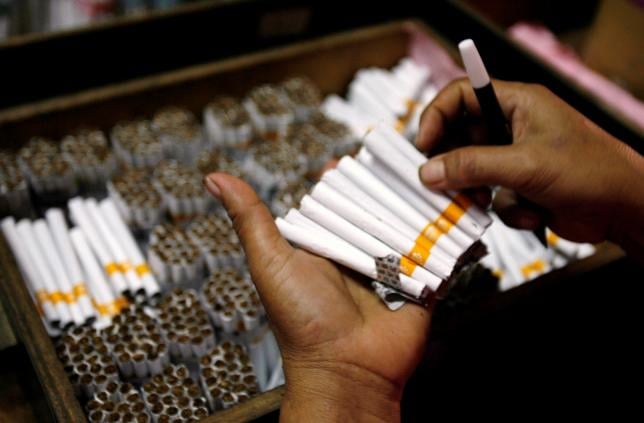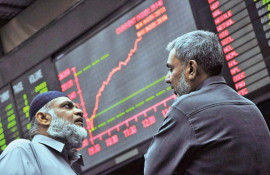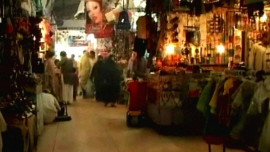
The impact of Covid-19 pandemic on the global economy has raised concerns among countries vulnerable to illegal trade, such as Pakistan.
Experts believe that the documented sector and general public are not in a state to bear the pressure of more taxes and the government needs to take action against the illegal and illicit traders in the country to generate revenue.
“Economic activity in Pakistan has declined due to adverse effects of the pandemic,” said Stop Illegal Trade (SIT) spokesperson Amna Saleem.
“On the other hand, the negative growth of GDP has triggered a significant decline in per capita income.”
Elements involved in illicit trade are benefiting from the pandemic’s impact on the global supply chain and the disruption to production and supply of local industries amid declining purchasing power of the people. She said that Pakistan was not the only country in the world which faced these problems.
“Many countries have reduced the economic and social damage from illicit trade by increasing public support and the capacity of law enforcement agencies,” she said.
She highlighted that South Africa was one of the countries most affected by the illicit cigarette trade.
Elaborating, she added that smuggled cigarettes were a huge source of income for the South African criminal gangs and it caused a significant dent on the government’s tax revenue.
The government of South Africa banned the sale of cigarettes and alcohol during the pandemic, however, it resulted in a drastic increase in the sale of illicit cigarettes and alcohol products.
According to a University of Cape Town study, 93% of consumers turned towards illicit cigarettes during the ban.
Although the ban was reversed after the country lifted lockdown, it was expected that effects of easy access to illegal cigarettes might last for many years.
To deal with the issue, the South African Consumer Goods Council set up “Illicit Crime Hotline” in partnership with manufacturers and the retail industry which allowed users to identify the items being sold illegally without their identities.
The hotline is helping law enforcement agencies to crack down on illicit trade and monitor the proceeds of such trade. “Romania’s efforts on this front can also act as a role model for Pakistan,” she said.
After a significant increase in the excise tax rate in 2010, the illicit cigarette trade in Romania reached 19.2%.
To contain the menace, the European country launched a special campaign from 2011 to 2013 in partnership with the legal industry that helped reduce the illicit trade by 2019.
She urged Pakistan’s decision-makers and the government to take advantage of the experiences of the two countries and act to reduce the economic and social damage caused by the illicit trade in cigarettes and other items in the country.



1732256278-0/ellen-(1)1732256278-0-165x106.webp)
1725877703-0/Tribune-Pic-(5)1725877703-0-165x106.webp)















COMMENTS
Comments are moderated and generally will be posted if they are on-topic and not abusive.
For more information, please see our Comments FAQ